
Mindful Eating
What is mindfulness? We know that the definition of “mindful” is to be aware of something. It could be towards others’ feelings, such as to be mindful not to offend or hurt someone. It could also refer to being mindful of your surroundings if you are in or entering a potentially dangerous situation such as…

What the F is IF?
What is intermittent fasting? Intermittent fasting is an eating pattern that involves a shorter eating “window,” during the day, and fasting in the time outside of this window. Some refer to IF as a diet, but this is not exactly accurate. In IF, there are no “good” or “bad” foods; this eating pattern does not…
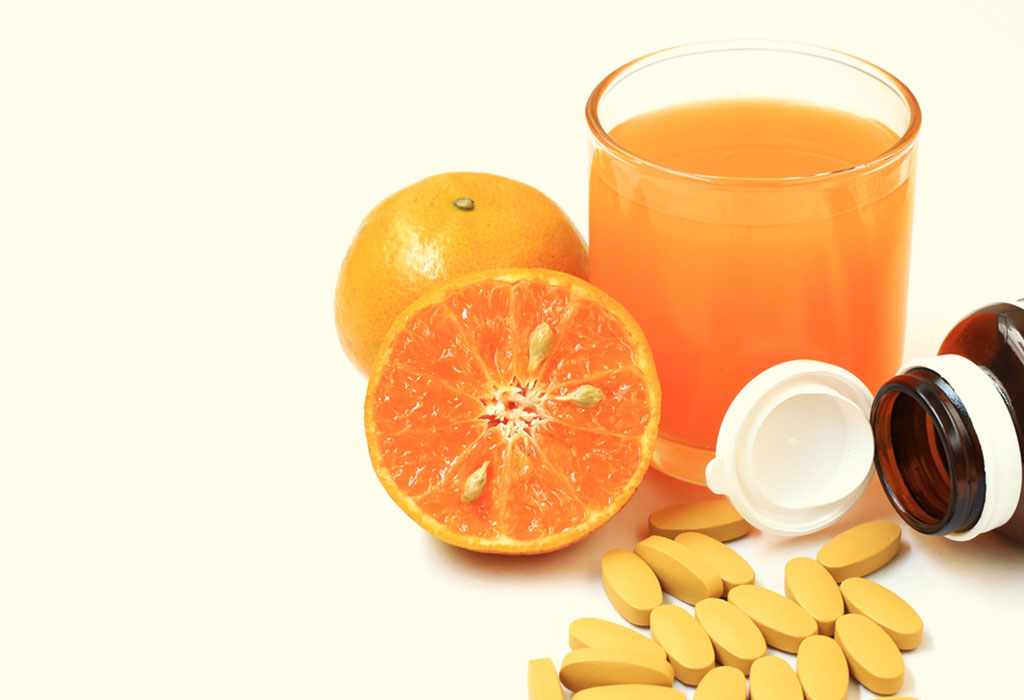
Vitamin C is Key
Vitamin C, also known as ascorbic acid is an essential vitamin that the body cannot produce itself. Ideally, a diet would contain enough Vitamin C to meet the recommended daily intake, which is 75 mg for women and 90 mg for men. For those who aren’t confident that the food they eat on a regular…
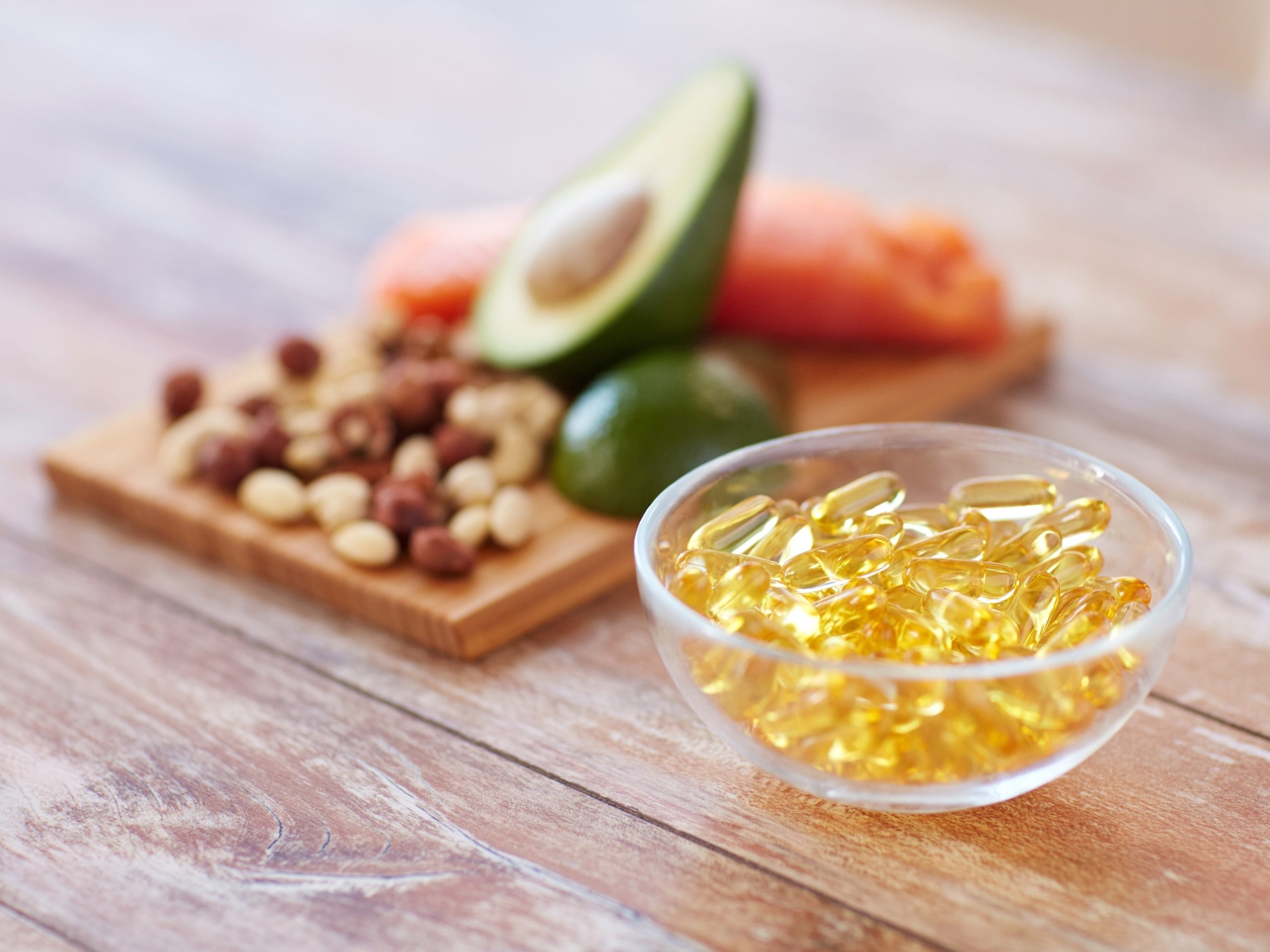
Oh Me, Oh Mega
Omega-3 fatty acids are healthy and essential fats that we get through the foods we eat and sometimes through supplements as well. Many people who eat a North American diet do not get enough omega-3’s in their diet, so if you live in Canada like us, you may want to take notes! Sources of Omega-3’s…
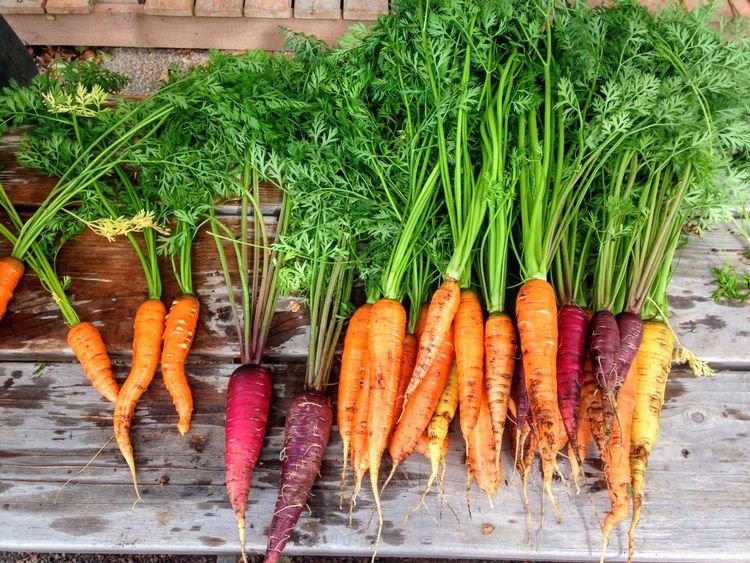
You Beta Care-otene
Beta-carotene and other carotenoids provide approximately 50% of the vitamin A we need. Beta-carotene can be found in fruits, vegetables, and whole grains. You probably associate it with carrots, which is totally fair – I mean, it’s practically in the name. This carotenoid is actually abundant in other vegetables as well. Carotenoids are what gives…

Green to a Tea
Coffee vs. Tea The health benefits of tea – green tea especially – and the absence of negative effects associated with coffee have made many caffeine drinkers make the switch. Coffee has a number of immediate benefits of course, such as improving mood, vigilance, reaction time, and memory. However, some people find that negative effects…
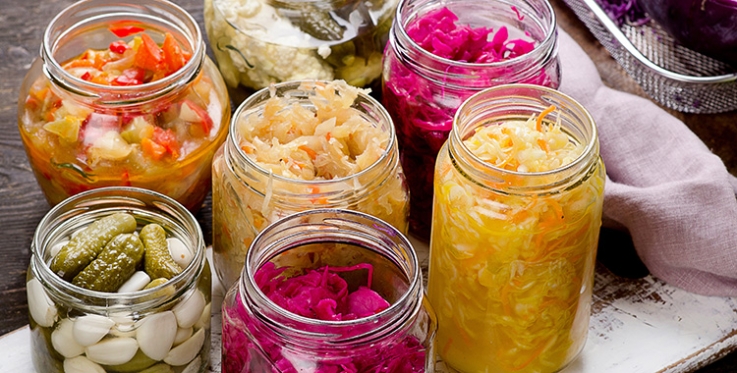
Get Gusty with Fermented Foods
Our bodies, particularly our intestines, contain trillions of gut microbiota that serve a number of vital roles. These include helping maintain the integrity of the mucosal barrier, metabolizing nutrients from food and certain medications, protection against intestinal infections, and so much more! “Bad” bacteria in your intestines can be a factor in disease – the…
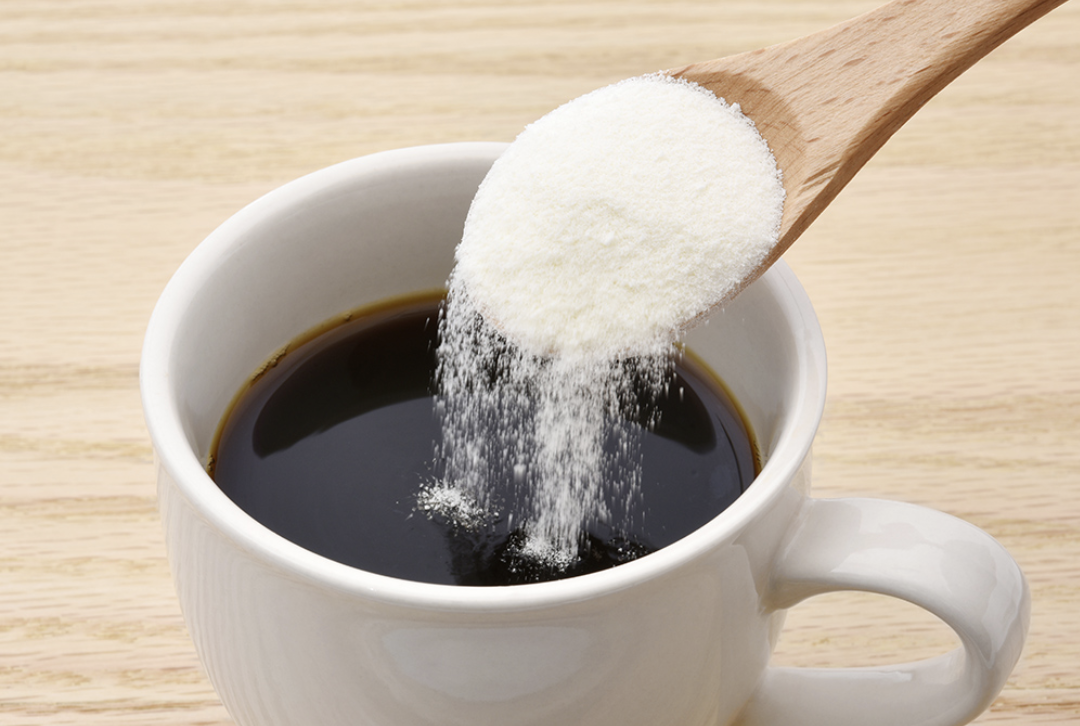
A Call to Collagen
Collagen makes up about one-third of the protein content in our bodies and is mostly found in fibrous tissues such as our skin, tendons, ligaments, but is also dispersed throughout the rest of our bodies. The process of collagen production in our bodies starts with two amino acids: glycine and proline. Vitamin C is a…

Milk Alternatives
Despite the high-quality protein, vitamins, and minerals that cow’s milk offers, more and more people are making the switch to non-dairy alternatives. There are a few main reasons for this ditching by the masses – a wider understanding of lactose intolerance, the rise of veganism, and concerns for the environment have created a boom in…
